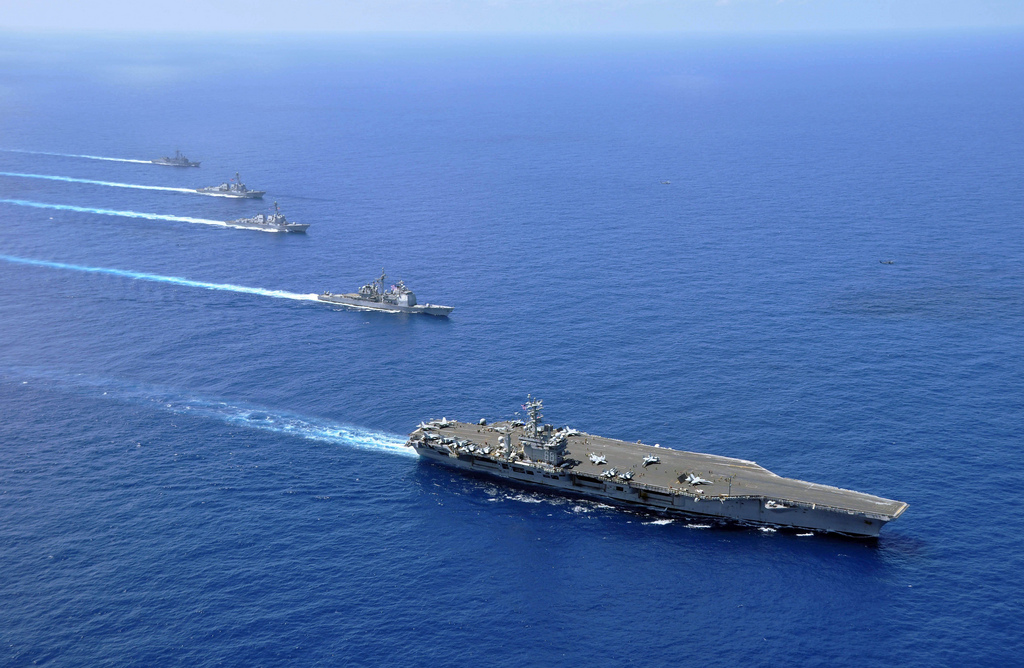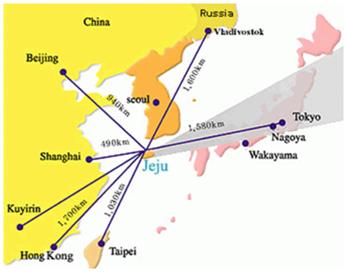Daily Report Archives
Established in December 1993, the Nautilus Institute’s *N*ortheast *A*sia *P*eace and *S*ecurity *N*etwork (NAPSNet) Daily Report served thousands of readers in more than forty countries, including policy makers, diplomats, aid organizations, scholars, donors, activists, students, and journalists.
The NAPSNet Daily Report aimed to serve a community of practitioners engaged in solving the complex security and sustainability issues in the region, especially those posed by the DPRK’s nuclear weapons program and the threat of nuclear war in the region. It was distributed by email rom 1993-1997, and went on-line in December 1997, which is when the archive on this site begins. The format at that time can be seen here.
However, for multiple reasons—the rise of instantaneous news services, the evolution of the North Korea and nuclear issues, the increasing demand for specialized and synthetic analysis of these and related issues, and the decline in donor support for NAPSNet—the Institute stopped producing the Daily Report news summary service as of December 17, 2010.
Togzhan Kassenova, an Associate at the Carnegie Endowment for International Peace Nuclear Policy Program, analyzes Taiwan’s unique position within the international security system and the global nonproliferation regime. Despite being an “outsider” in relation to relevant international frameworks, Taiwan is a major transit and transshipment hub well-positioned in the supply and consumption chain of high-tech goods and boasts a highly-developed civilian nuclear program. As a result, Kassenova asserts that “Taiwain is the only place that presents such high stakes for the global nonproliferation system.”
Go to the article
Wen Bo, Senior Fellow at the Pacific Environment China Program, examines urban security issues in China and their connection to environmental sustainability. He writes, “By encouraging civil society and promoting cooperation and exchanges with other countries Dalian can address the environmental and urban security challenge that it faces and promote peace and stability in North-East Asia.”
Go to the article
Georgy D. Toloraya, Professor of International Relations and Director of Korean Research Programs at the Institute of Economics of the Russian Academy of Science, analyzes the prospects for resumption of the Six Party Talks and discusses Russia’s position on the Ulan-Ude Summit. He writes, “The first step is to freeze North Korea’s missile and nuclear activities, then reduce the state’s WMD arsenal. The chance to come back to the negotiating table should not be lost, and both President Obama and President Lee Myong-Bak should positively consider North Korean’s proposal at the Ulan-Ude Summit. The resumption of talks would get full support from Russia.”
Go to the article

Mark Valencia, Nautilus Institute Associate and NARP Research Associate, examines the implications of new intelligence gathering equipment on maritime conflicts and the Law of the Sea. He writes, “the scale and scope of maritime and airborne intelligence collection activities are likely to continue to expand rapidly in many countries … The Law of the Sea does not adequately deal with these dimensions of freedom of navigation… Unless the issues are addressed and resolved, more incidents and possible conflict lie ahead.”
Go to the article
Stephen Noerper, a former professor of international relations at New York University and the National University of Mongolia, provides an overview of Joe Biden’s recent visit to Mongolia. He writes, “Surprisingly the great lessons of the U.S. Vice President’s journey lie more with Mongolia than larger China or Japan—at least this time around.”
Go to the article

Gwisook Gwon, a lecturer in the Department of Sociology at Jeju National University, South Korea analyzes the ‘Save Jeju Island’ civil society movement, which has been protesting the construction of a naval base south-west of the Korean peninsula for the past ten years. Her article presents opposing discourses surrounding issues of democratic procedure, community solidarity and environmental protection in relation to the base’s construction.
Go to the article



